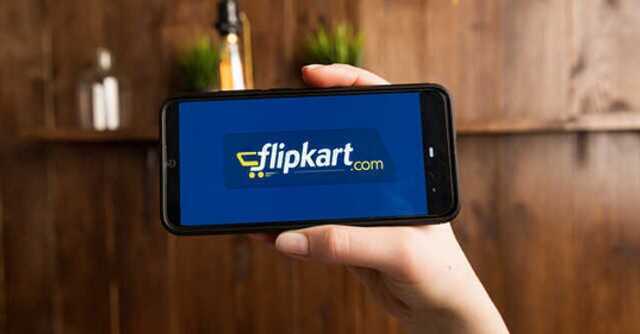
Flipkart taps into metaverse to offer a virtual shopping space


Flipkart has announced a metaverse-based shopping platform called Flipverse in partnership with decentralized music and entertainment firm eDAO. The platform will be in an early adoption phase and will only be available to Android users for a week, the e-commerce giant said. The first phase will involve 15 brands including apparel brand Puma, cosmetics and personal care brand Nivea, and homegrown electronics brand Noise.
Flipverse is part of Flipkart Labs, which was unveiled in April to build “blockchain and metaverse use cases” — an example of which included virtual storefronts such as the Flipverse platform announced today.
Flipkart further said that the company does not plan to presently offer features such as the ability to link cryptocurrency wallets to the platform to migrate their NFTs. Flipverse will also not feature its own token for the time being. However, Flipkart said that users shopping on the platform will win NFT rewards, which can be monetized for physical items.

Users of the platform will also get virtual avatars, and a future version of the platform would also include collaborative shopping experiences — where users will be able to interact with each other’s virtual avatars when shopping.
For now, industry experts state that metaverse ecommerce offerings would be largely educational and promotional. Sanjay Kothari, associate partner and market research firm Redseer, said, “There may not be immediate returns from metaverse experiences. But, given the reducing attention spans among users, brands are definitely looking to create more engaging experiences for shoppers.”
Kothari added that since the experiences are at an early stage, most of the user engagements will be driven by mature users from tier-I markets. “The early examples of ecommerce metaverse adoptions will mostly come from large companies such as Flipkart, since even if a small percentage of a platform’s million-odd user base tries it out, it will lead to a cumulatively constructive pilot experience for such projects,” he added.

As a result, Kothari said that brands may look to adopt such experiences in increasing frequency, going forward, as ecommerce platforms seek to drive user engagement and awareness activities towards new technologies.
The move marks the latest push for metaverse ecommerce experiences in India, a nascent space at the moment. On June 10, Gurugram, Haryana-based white-label non-fungible token (NFT) marketplace developer NFTically launched its own ecommerce marketplace, Comearth, for brands to create their own virtual storefronts. At the time of launch, Toshendra Sharma, chief executive of NFTically, told Mint that brands such as home automotive components brand Ceat Limited, multi-brand footwear retailer Metro Brands, and textile conglomerate Mafatlal Industries had signed deals to be part of the metaverse space.
Globally, platforms such as Decentraland, Roblox and The Sandbox have offered virtual, gamified spaces for brands to create their custom stores and outlets, as part of their promotional efforts. In December last year, German fashion brand Adidas announced its ‘Into The Metaverse’ NFT collection on The Sandbox, a decentralized metaverse platform. In May last year, Italian luxury fashion brand Gucci also announced its own metaverse store in Roblox.

In India, homegrown metaverse platform Partynite has collaborated with the likes of pharmaceutical brand Eno and telecom operator Bharti Airtel to offer metaverse events and cinema experiences.
